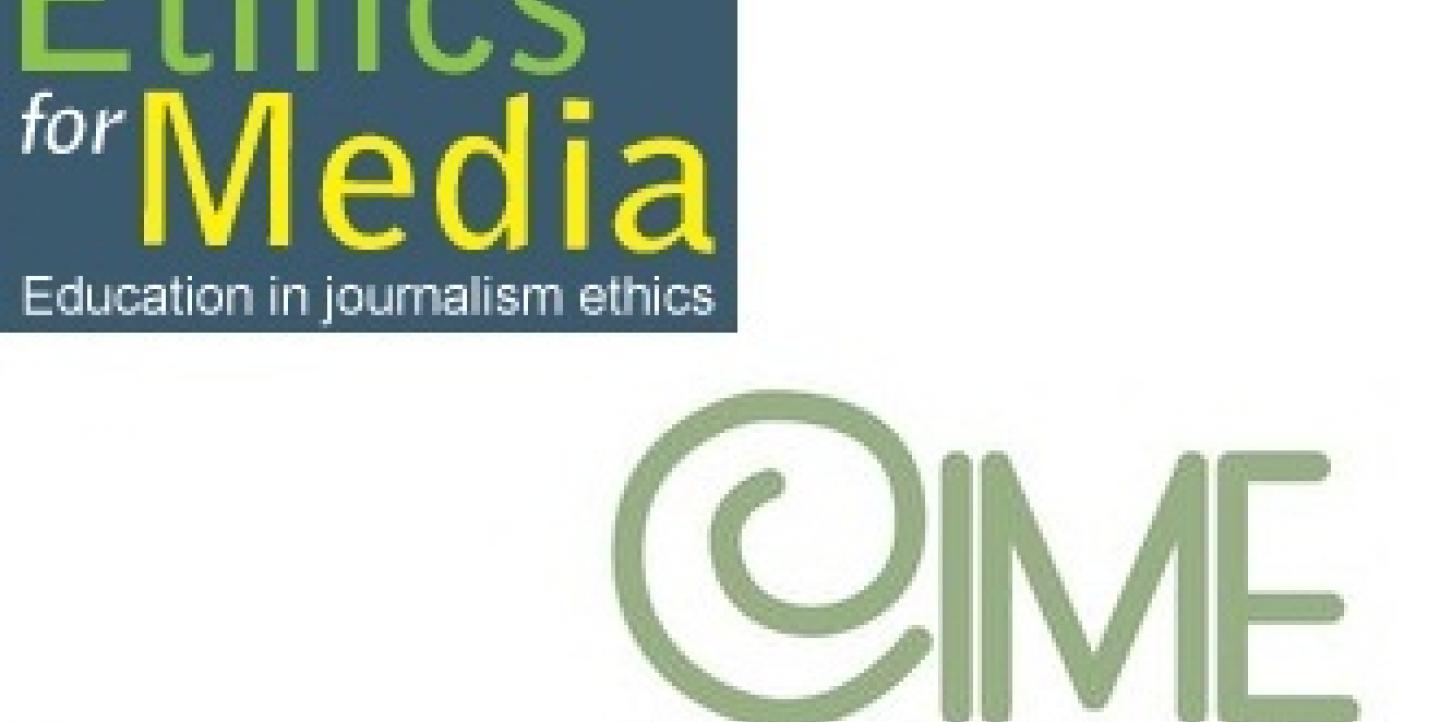Journalism is adapting to economic woes and changing structurally to suit digital formats and new technology. Maintaining high ethical standards during the transition is a major challenge.
According to Ethics for Media and the Center for International Media Ethics, "J-ethinomics" offers a solution. A combination of journalism, ethics and economics, J-ethinomics is founded on the idea that ethical reporting increases the demand for news.
Ethics for Media instructor Melisande Middleton, who coined the term in 2010, developed the course along with the Center for International Media Ethics or CIME staff. This one-day intensive course was part of the recent International Media Ethics Day.
IJNet gathered these five tips for prioritizing ethics in reporting, that CIME and Ethics for Media believe will make readers more willing to pay for news, attract advertisers and allow journalists to report independently.
-
Beware the self-fulfilling prophecy. Journalists set the agenda for what readers will be thinking about and discussing with colleagues. Reporting on information too quickly or not quickly enough can skew the reality of a situation, causing readers to overreact. Financial and business journalists should be especially cautious. The media may have exasperated the financial crisis by initially blowing it out of proportion, causing panic in society and ultimately hitting the self-fulfilling prophecy nail on the head.
-
Build trust in your audience. Journalists can engage reader loyalty by serving the public interest. When choosing topics, seek stories that emphasize social and economic value. By informing the public of issues that affect them personally, readers will come back for more.
-
Set standards in your community. Reporting shapes public opinion, so it is a journalist's social responsibility to shape it objectively. When covering hot-button issues, represent diversity in society, stay critical of political agendas and inform citizens of current events in other communities and regions.
-
Assert your rights. Knowing what journalists can and cannot do to report a story will ensure ethical reporting. When your editor or the owner of your media outlet tries to limit a thorough investigation because it might offend a public figure, you have to know when it's ethically worth continuing. Don't be afraid to negotiate with your superiors when it matters most.
- Contribute to the new growth theory. The brainchild of economist Paul Romer, the new growth theory claims that the constant flow of innovative ideas plays a key role in socioeconomic and technological growth in society. Journalists play a part in this theory by circulating the fresh ideas, reinforcing the developmental role of the media and therefore increasing reader demand.
Ethics for Media is offering the next weeklong J-ethinomics online course on October 3.

